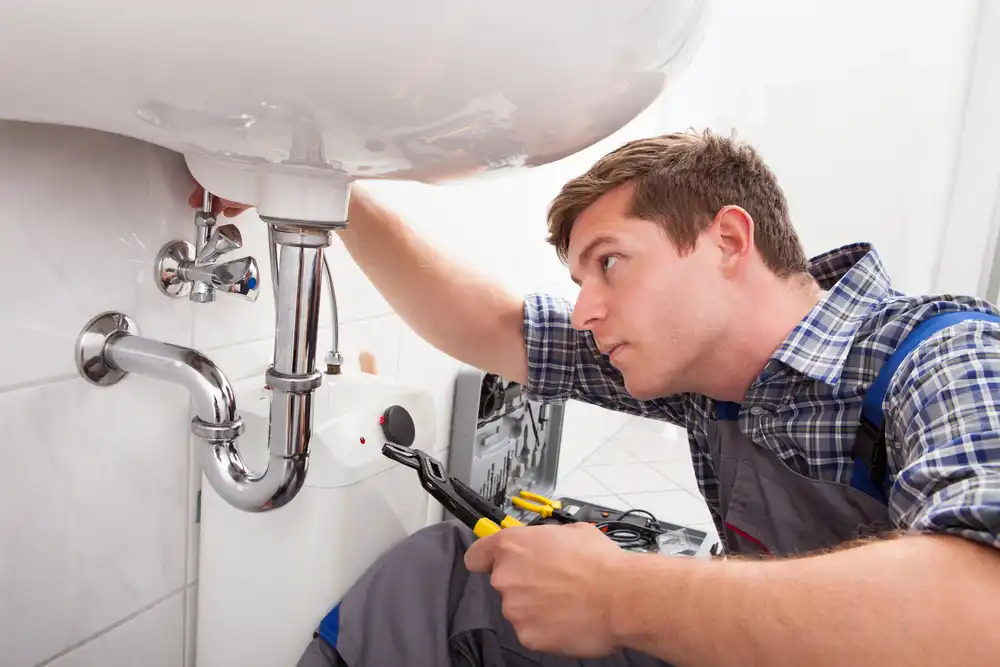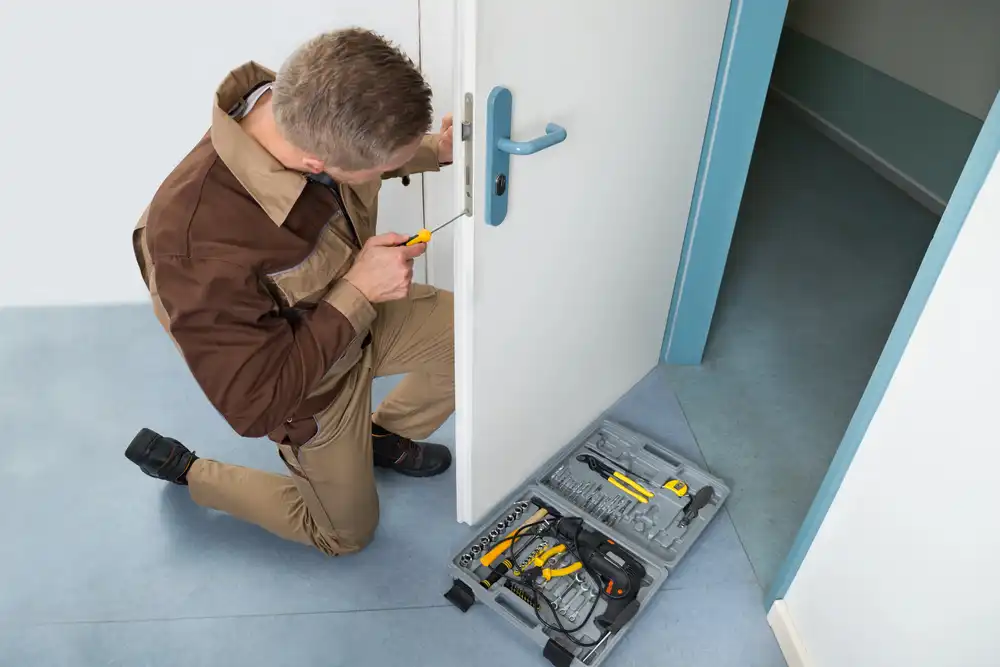Home repairs and maintenance are a natural part of homeownership, but when issues arise, deciding whether to call a handyman or a contractor can sometimes be confusing. While both professionals can help improve your home, they each have different skills, certifications, and specializations. Understanding the difference can help you make the right choice for your needs, save you money, and ensure your project is completed properly and safely. Here’s a detailed look at how to decide between hiring a handyman or a contractor, along with common examples of when each might be the right fit.

What is a Handyman?
A handyman is a versatile tradesperson skilled in general home repairs and maintenance. Handymen can take on a wide variety of jobs, from small repairs to cosmetic upgrades and even some minor installations. However, handymen typically do not have specialized licenses in specific trades like plumbing, electrical work, or structural construction. Instead, they focus on quick, general repairs and tasks that don’t require complex permitting or in-depth expertise in one specific area.
Because they’re so versatile, handymen are a popular choice for homeowners who have multiple minor repairs or a list of tasks that need to be done. Many handymen charge by the hour or offer package deals for completing multiple small projects in one visit. If you have a variety of “to-dos” that don’t require deep expertise, a handyman may be exactly what you need.
What is a Contractor?
A contractor, on the other hand, is a licensed professional who specializes in a particular trade, such as general construction, plumbing, or electrical work. Contractors often lead larger projects that require permits, inspections, and adherence to strict building codes. Because they hold licenses in specific trades, contractors have advanced training and a deep understanding of specialized areas that go beyond general home repairs. If a project involves major structural changes, extensive electrical or plumbing work, or complex renovations, a licensed contractor is usually required to ensure the work meets legal and safety standards.
Signs You Need a Handyman
If you have smaller, simpler projects that don’t require permits or complex technical expertise, a handyman can be a great option. Here are some specific types of projects a handyman can tackle:
- Quick Fixes and Minor Repairs
Small repairs like fixing a leaky faucet, patching drywall, replacing door hardware, or tightening a loose cabinet hinge are ideal for a handyman. These tasks don’t involve specialized expertise, but they require the kind of basic repair skills and general know-how that handymen excel at. These minor repairs can quickly pile up, and a handyman can knock them all out in one visit. - Fixture Installations
Installing new fixtures, such as light fixtures, ceiling fans, or shelves, is another common task for a handyman. As long as the installation doesn’t involve complex electrical or structural modifications, a handyman can quickly and effectively handle it. Updating your home’s fixtures can make a big difference in terms of aesthetics and functionality, and a handyman can often install several fixtures in one visit. - Painting and Cosmetic Updates
If you need to repaint a room, touch up scuffed walls, or remove old wallpaper, a handyman can help. For large-scale painting projects involving multiple rooms or exterior work, you might want a contractor who specializes in painting. But for smaller-scale projects or a single room, a handyman is more than equipped to handle it and can often provide a more affordable solution. - Home Maintenance and Seasonal Tasks
Many handymen offer maintenance services, such as gutter cleaning, power washing, and weatherproofing windows and doors. These types of tasks are crucial for keeping your home in top shape and preventing larger problems down the line. Handymen are typically skilled at handling these seasonal tasks efficiently, making them a great resource for maintaining your home year-round. - Outdoor Repairs
Many handymen offer minor outdoor services, such as fence repair, deck maintenance, or even light landscaping work. If your fence needs a few boards replaced, or your deck could use a fresh stain, a handyman can provide affordable and timely assistance. - General Home Maintenance
A handyman is also great for regular upkeep around the home, like replacing hard-to-reach light bulbs, sealing windows, or repairing small holes in drywall. If you have a list of routine tasks that need attention, a handyman can tackle them all in one visit, saving you both time and money.

When to Call a Contractor
While a handyman is perfect for small jobs, certain projects require the expertise, licensing, and experience of a contractor. Here’s when it’s time to call in a contractor instead of a handyman:
- Electrical and Plumbing Overhauls
Major electrical or plumbing work, such as moving pipes, installing new electrical wiring, or upgrading your home’s breaker panel, should always be handled by a licensed contractor. These jobs require specialized knowledge and certification to ensure they’re done safely and legally. For anything involving water or power systems, contractors are the right choice, as they can navigate code requirements and are familiar with safety standards. - Structural Repairs and Roofing
If you need roofing work, foundation repairs, or other structural modifications, a licensed contractor is essential. These types of projects impact the core structure of your home and need to be done with great attention to detail and code compliance. Roof repairs, for example, involve more than just fixing shingles and may require addressing underlying structural issues—a job better suited for a contractor. - Permitted Work and Inspections
Any work that requires a permit—such as building a deck, modifying the layout of a room, or significant plumbing changes—generally requires a contractor. Contractors are familiar with local permitting processes and inspection requirements, which ensures that the work is done legally and meets safety standards. - Technical or Specialized Installations
Certain projects, like installing solar panels, upgrading HVAC systems, or adding energy-efficient windows, require a specialized contractor who has experience in these areas. These installations often involve unique materials, technical expertise, and adherence to codes, which are outside the scope of most handyman services.
Why Choosing the Right Professional Matters
Choosing the right professional for the job can make a world of difference. Handymen offer convenience and affordability for small projects and general repairs, while contractors bring the necessary licensing and expertise for larger, more complex work. By understanding the difference, you can make an informed decision that ensures quality results and peace of mind.
This distinction will help homeowners understand the specific skills and expertise of both professionals, empowering them to select the right person for each project, reduce risks, and maximize the value of their home improvements.
